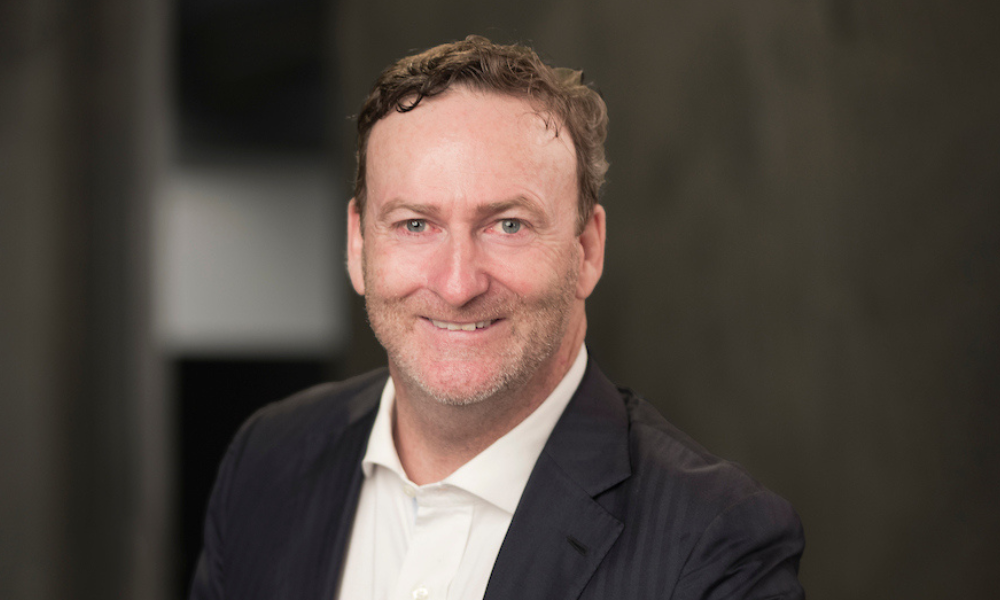
'When you look at the skills that businesses and governments are going to need in the future, it's very clear we're going to need more skills in the AI area'

Advancements in technology can be used for the betterment of the world, and there is a case for using artificial intelligence (AI) when it comes to the environmental, social, and governance (ESG) practices of organizations, says one expert.
“If you give people access to the right data, like the stuff we're using, including data from Microsoft, from NASA... people will be surprised about the results you can achieve,” says Steve Bingham, Ernst & Young’s (EY) Asia-Pacific Technology Consulting leader, in talking with Human Resources Director.
This year, EY presented a global challenge to interested parties to use AI to solve a social issue. The EY Open Science Data Challenge focused on storm damage assessment – the use of AI to model coastal vulnerability and assess tropical storm damage.
Aligned with the United Nations Sustainable Development Goals, the challenge is an annual competition that gives university students, early-career professionals, and EY people the opportunity to develop data models using artificial intelligence and computing technology to create open-source solutions that address critical climate issues.
“All we're really doing is giving people access to the technology and therefore they are learning from others in that process,” says Bingham. “[The] good thing about AI learning is that you can do it by experimenting.”
Since the first challenge began in 2021, over 34,000 participants from 143 countries have signed on to tackle pressing issues such as preserving biodiversity and managing wildfires.
For the year 2025, the EY Open Science Data Challenge topic is centered around a phenomenon known as the Urban Heat Island Effect, as urban areas are often significantly warmer than surrounding rural areas.
“Between urban and rural settings, temperature variations can exceed as much as 10-degrees Celsius and cause significant impact on societal well-being and energy resources,” says EY. “Challenge participants will use data and AI for good to create micro-climate AI models to raise awareness of the problem and to illustrate the effects of building density, surface coatings, and green space on urban planning decisions.”
Sustainability isn't just good for the planet – it's the key to talent attraction, according to a previous report.
The world needs more workers with AI skills, says Bingham.
“When you look at what are the skills that businesses and governments are going to need in the future, it's very clear that we're going to need more skills in the AI area. We need more people with skills in this area.”
And the private sector has a role to play in developing these skills.
They need to provide people with access and training on AI. In particular, organizational talent teams need to “help people to not be fearful of AI, but figure out ways that they can use it to do their jobs better,” he says.
With the rise of AI, “some people think that all the jobs will go to the technology people,” says Bingham. “But with AI, that's not the case.”
“It does create more opportunities for those businesspeople.”
AI will also have an impact on talent management, according to another expert.
Bingham says that HR leaders should recognize that the skills people have to do their jobs today will change.
His advice: “In your existing organization, you have smart people. If you give them the right training and the access to operate in a safe way with the technologies and with the AI language models, they can probably figure out ways to do their job better.”
However, almost all C-suite executives in Singapore believe that there are still barriers to generative AI adoption in their organisation, according to a previous report from Salesforce.